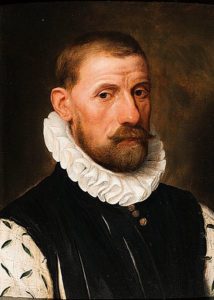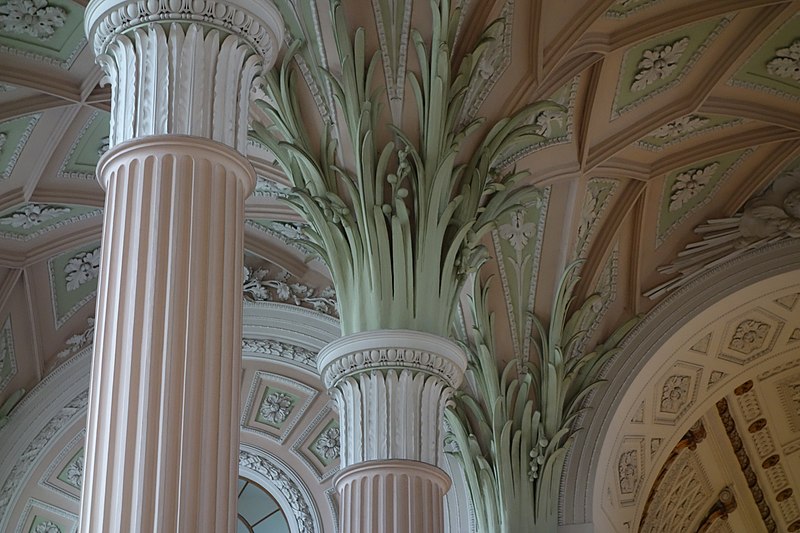Beethoven, Egmont Overture, Op. 84

Lamoral, Count of Egmont (1522-1568) became a martyr in the fight for independence in the Spanish Netherlands. During the Great Iconoclasm, he had favored restraint in dealing with the Calvinists. The Duke of Alba was sent from Spain to put down the revolt. Egmont refused warnings to flee, and the Duke of Alba had him arrest and executed as a heretic.
Johann von Goethe (1749-1832) based his play Egmont (completed in 1788) on these events. The play is described as a political manifesto in favor of liberty and independence. Beethoven was no stranger to political causes. He had been an early champion of Napoleon, until Napoleon crowned himself emperor. At the height of the Napoleonic Wars, Beethoven composed the Egmont Overture as incidental music to Goethe’s play and infused it with his own expressions of heroism.
There are many opportunities writing this blog to relate things to our adopted second home in Weimar. Weimar is very much Goethe’s city. An hour away by train is Leipzig, the city of Bach, Schumann, and Mendelssohn. Carol and I have visited the Mendelssohn house on several occasions and filmed part of our Discovering Music course there. Carol would also take her summer students there, and on one occasion (I was not present) she bumped into Kurt Masur, the conductor of the Gewandhaus Orchestra and New York Philharmonic. Masur graciously took the time to speak with the students.

Tourists with an interest in music flock to Leipzig’s Thomaskirche, Bach’s last station and the place where he composed much of his sacred music. But Bach was also responsible for music at the Nikolaikirche (St. Nicholas Church) a few short blocks away. The Nikolaikirche has a particularly beautiful nave with palm capitals.
It was also the site of early protests that led to the liberation of East Germany. This performance of the Egmont Overture commemorates the large demonstration of October 9, 1989, led in part by Kurt Masur, as part of the “Peaceful Revolution.”



